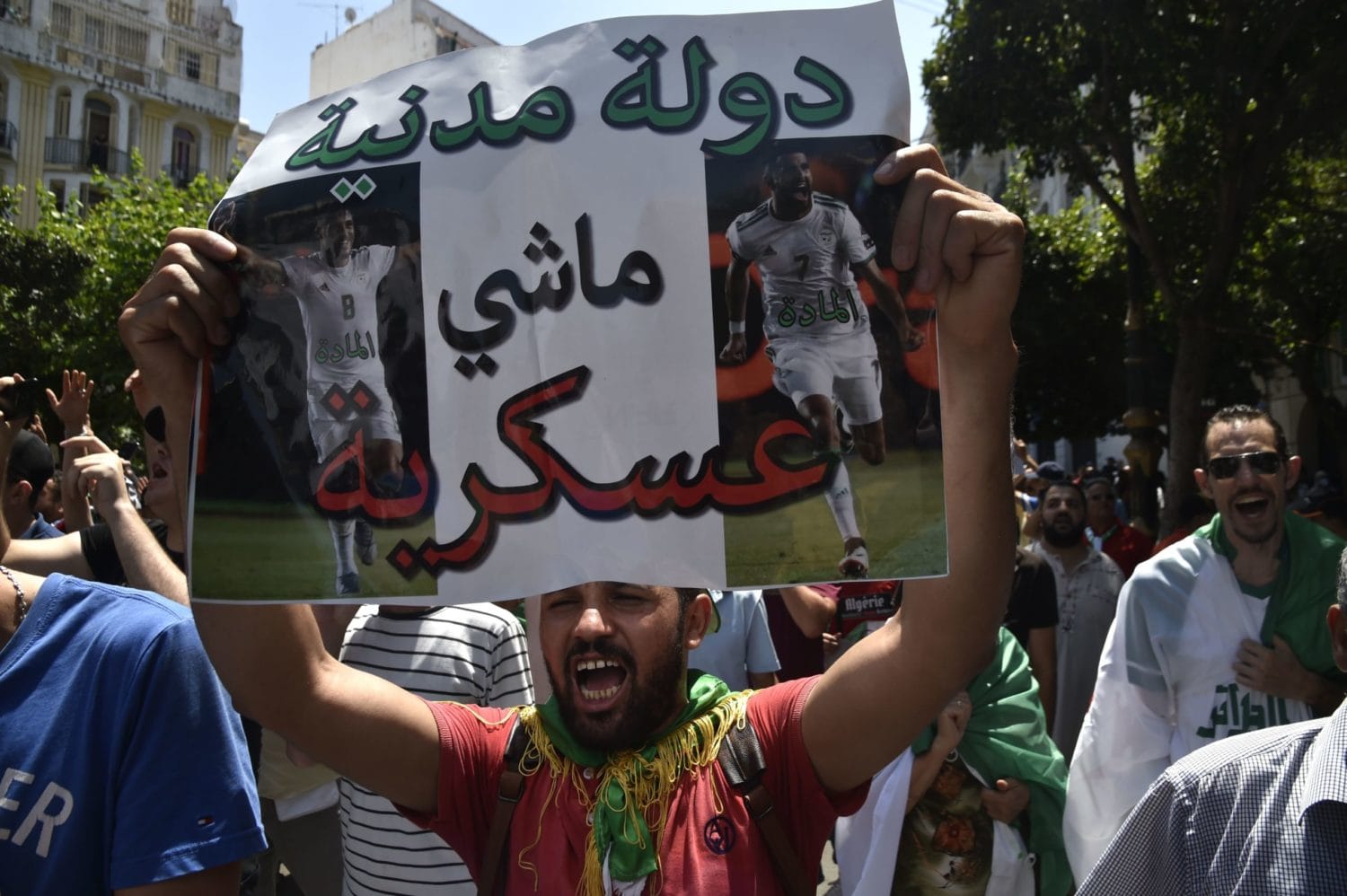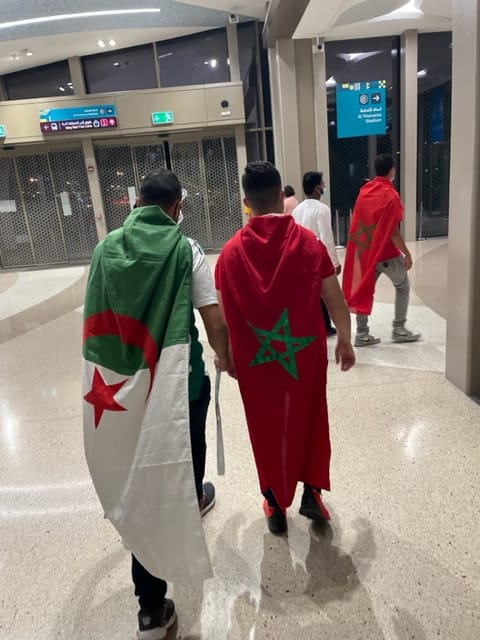Football in Algeria from the "Black Decade" to the Hirak
When Algeria defied the odds to win the Africa Cup of Nations in 2019, many Algerians heralded the moment as a victory for more than just football. The team’s previous and only win on the international stage had been in 1990 and was followed by a decade of civil unrest that ended with Bouteflika’s e












